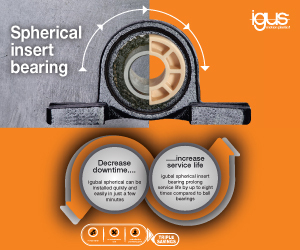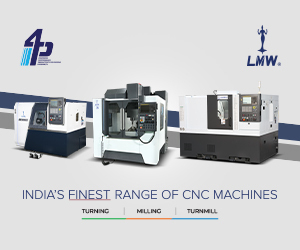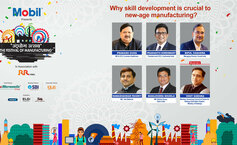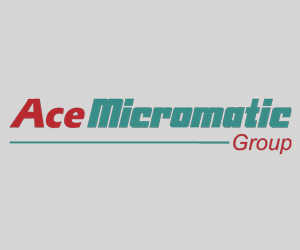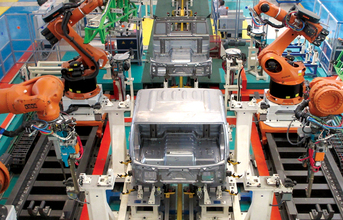
Obviously large enterprises are implementing new technologies. However SMEs are also equally curious and open on embracing digital age. Speaking on the same, Harihar asserted that as Indian government is promoting digitisation, large industries are embracing smart manufacturing. SMEs are experiencing how automation and new technologies are changing their landscape and hence are looking at ways to embrace these technologies to become visible.
"From the SMEs perspective, transformation will be very challenging considering the investment involved in the processes which include training of their work force. Hence, options like retrofitting or conversion of existing processes would be beneficial. Additionally, few SMEs could work together and embrace new technology with collaborative approach to optimise the cost as well as get exponential benefit of operational efficiency," he continued.
Training & development
Any transformation begins with apt awareness and knowledge amongst the employees about the new technologies and operations. Smart manufacturing solutions are no exception to this.
"Smart factories require an incredible amount of effort in building competencies towards know-how and techniques, hence
training and skill enhancement need to undergo metamorphosis. It requires more electronics and latest technology supported by a holistic eco-system which demands re-shaping of the industry structure at every step and in turn redefines boundaries, necessitating seamless skill enhancement," opined Harihar.
Speaking on the implementation Ashok Leyland, he stated, "We are constantly focusing on redefining training modules, restructuring skill development centers to make our resources fully geared up to face challenges upfront. We also believe in creating a more innovative environment with collaborative approach in training to have better understanding and maximise benefits."
Conclusion
Make in India initiative is triggering more global players' entry into the Indian market with latest technology, which in turn is leading to increasing competition. "This is pushing the industry further to review their strategies towards maximising efficiency, hence, the man-machine interface and the move towards intelligent manufacturing,"Harihar said.
"Indian industry is now progressing towards creating global footprint. More industries are trying to leverage on technology upgrade and migrate to Industry 4.0, which helps in creating future factories. Industry 4.0 is now being looked at the path towards achieving technological leadership by creating a "Smart Factory" with suitable integration of customers and partners in business and value processes creating the foundation of Internet of Things," he concluded.














